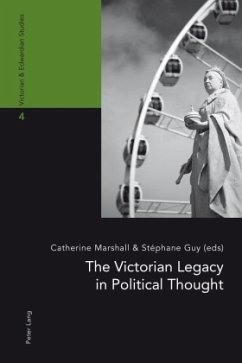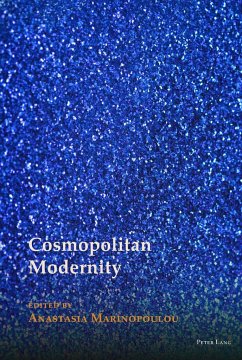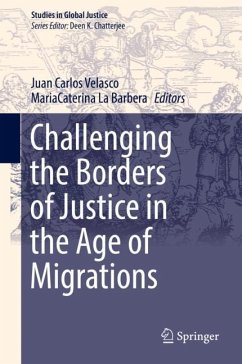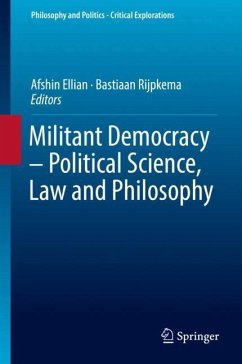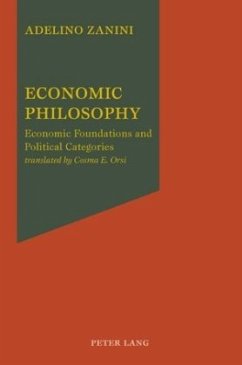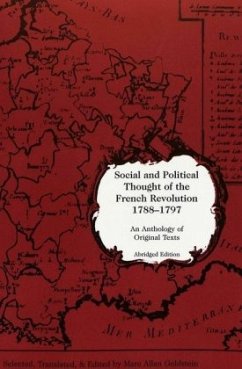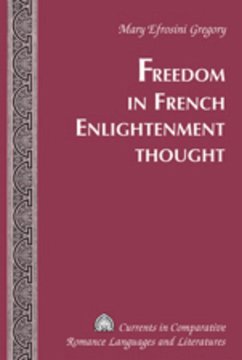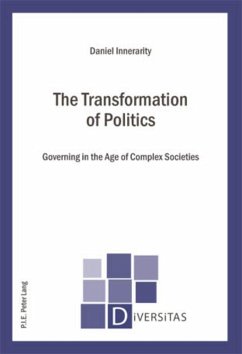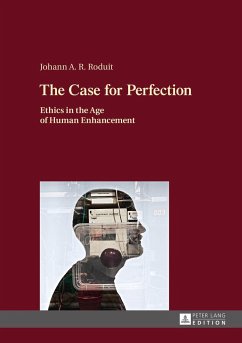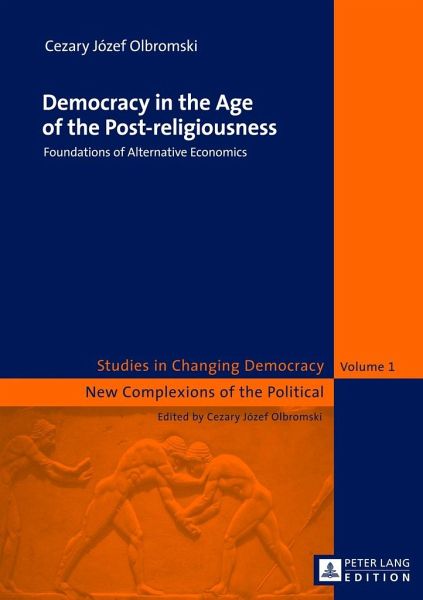
Democracy in the Age of the Post-religiousness
Foundations of Alternative Economics
Versandkostenfrei!
Versandfertig in 6-10 Tagen
60,50 €
inkl. MwSt.

PAYBACK Punkte
0 °P sammeln!
One of the most original assumptions is that political actors are groups of thematized information. They effectively test the political, traditional sources of meaning, and reservoirs of identity. The post-religiousness of the presentness is transcendentally neutral; there is no contradiction between the transcendental and the immanent. Why and how relics steal into the political? The social does not create any meaning considerably stronger than the empty meanings of dedicated metaphysics and discourses, but the social creates itself within the totariental (total - poleless - disorienting). Th...
One of the most original assumptions is that political actors are groups of thematized information. They effectively test the political, traditional sources of meaning, and reservoirs of identity. The post-religiousness of the presentness is transcendentally neutral; there is no contradiction between the transcendental and the immanent. Why and how relics steal into the political? The social does not create any meaning considerably stronger than the empty meanings of dedicated metaphysics and discourses, but the social creates itself within the totariental (total - poleless - disorienting). The book contains analyses of the implementation of political crises and crises of the political. In other words, two processes are simultaneously used by political actors in contemporary democracy. These tools are not only moderators of naturally spontaneous democracy. Economic, cultural, and political changes are pressed ahead by technically, sociologically and military equipped actors for whom democracy is efficient.





